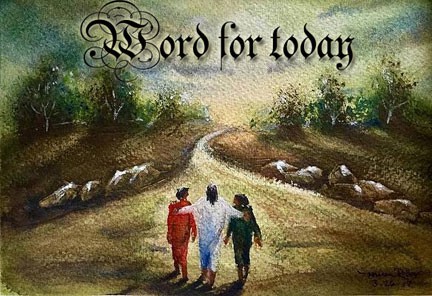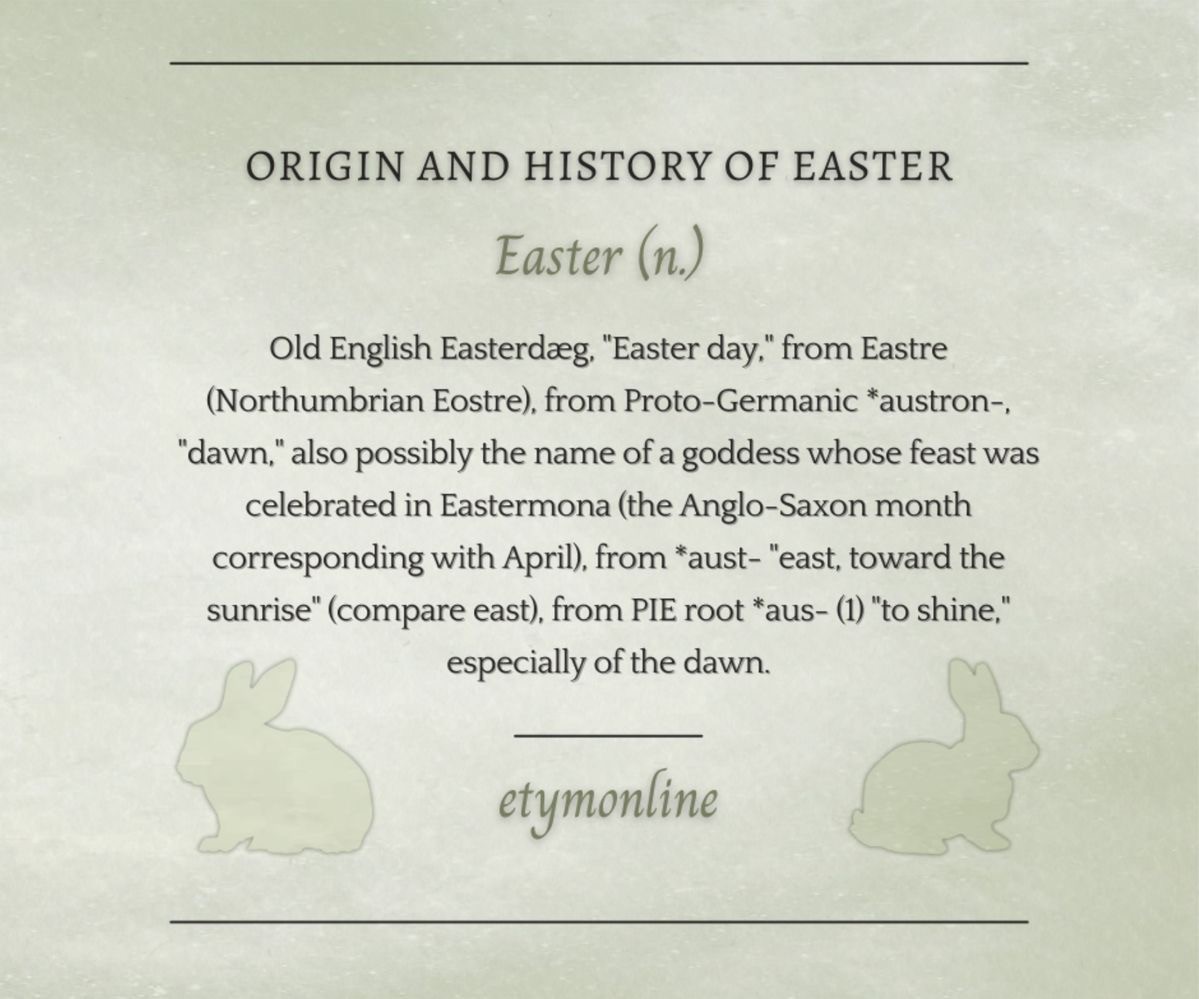Watch
Events
Articles
Market
More
One of those passages not taught on much:
“But now I am going to Jerusalem to minister to the saints. For it pleased those from Macedonia and Achaia to make a certain contribution for the poor among the saints who are in Jerusalem.
It pleased them indeed, and they are their debtors. For if the Gentiles have been partakers of their spiritual things, their duty is also to minister to them in material things.”
Romans 15:25-27 NKJV
When was the last time your church took up an offering for Jewish believers in Israel?



041625
WORD FOR TODAY “why is modern Israel so much smaller?”: Jos 1:3 "Every place on which the sole of your foot treads, I have given it to you, just as I spoke to Moses. Jos 1:4 "From the wilderness and this Lebanon, even as far as the great river, the river Euphrates, all the land of the Hittites, and as far as the Great Sea toward the setting of the sun will be your territory.
WISDOM FOR TODAY: Pro 7:2 Keep my commandments and live, And my teaching as the apple of your eye.
www.BGMCTV.org




This next part of my blog goes even deeper—into the heart of the Feast of Unleavened Bread and the solid ground where truth was meant to grow. I’ve labored to highlight the contrast between the shiny, polished rise in church attendance during Easter and Christmas—an abnormal surge that reflects tradition and emotion more than a true return to covenant or biblical truth.
Sadly, these twice a year large gatherings (that bring extra revenue) look full of life, but they’re not rooted in covenant, obedience, or the truth that Scripture clearly calls us to.
How did we drift so far? And why does this pattern persist?
There are four major reasons—but at the heart of it is this: seminaries shape Pastors with a filtered lens, training them to see Yahweh’s instructions as relics meant only "for Jews".
BUT, Scripture says plainly: These are MY feasts, Yahweh declares—not Israel’s alone, but HIS.
👉🏻And if we claim to worship Him👈🏻, then we must walk in His ways, not those brought about by men.
Take another walk with me and examine MORE evidence on why this is 🙏🏻
https://afflicted4messiah.word....press.com/2025/04/14



It ain’t Ishtar, people. So Would You Kindly stop talking about mythology and philology when you have not undertaken their study?!
And that goes for Christians too.
You and the Messies both retcon Easter to your own desire. Messy preachers need it to be creepy so they can scare the faithful away from it. And church preachers need it to be no big deal so they won’t have to change.
Don’t let the ignorant talk you into believing either nonsense. Check for yourself. It doesn’t matter that bunnies and rabbits were never Ishtar symbols, nor that her name is unrelated to Easter in any way. And it doesn’t matter that Easter wasn’t adopted because it came from a word that means Dawn and the tomb was found empty at dawn.
People will believe what they want, and both are revisions and backformations.
Get away from Easter or keep it as you desire but know why either way and be all the way in.




Thought for Today: Wednesday April 16
Remember, envy dethrones YHVH. Envy destroys our spiritual health and takes away joy, happiness and contentment out of living. Envy becomes a spiritual leprosy, isolating us both from YHVH and other people. YHVH ranks envy on the same level as sexual immorality, idolatry, witchcraft and drunkenness. See Galatians 5:19, 20. Guard yourself against envy.


